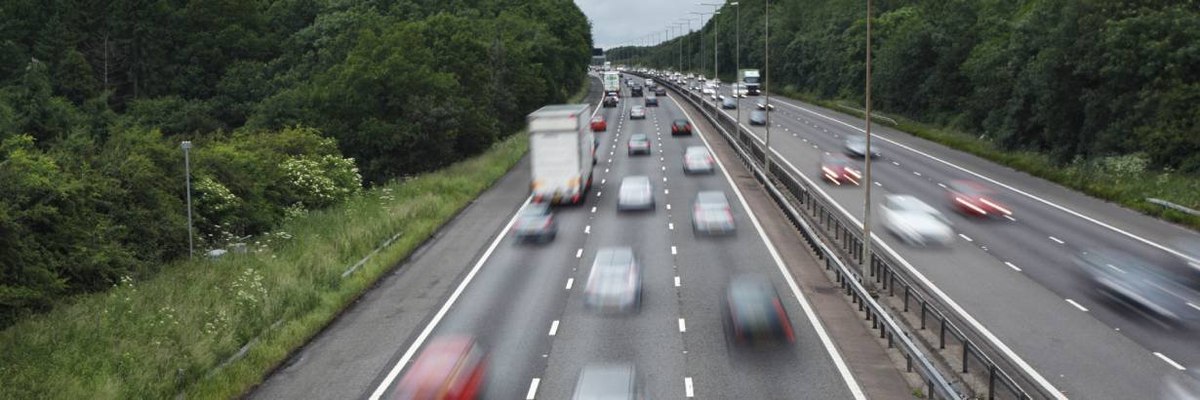Electric cars are gaining popularity, with all the major car brands developing electric, or at least hybrid, models. Despite these developments in the market, the public are still unsure about making this change according to the new YouGov COP-26 polling.
While 43% of Britons say they would be willing to switch to an electric car, a policy which would force drivers to make such a change is unpopular, with Britons opposing a blanket ban on the production and sale of all petrol and diesel cars by 46% to 39%. Opposition rises to 53% amongst frequent drivers (defined as those who drive at least once a week). These results, which tested a hypothetical ban on all petrol and diesel vehicles, and with an ambiguous timeline, slightly differ to previous YouGov polling that examines the exact policy currently in place in the UK. Under current legislation, the sale of new petrol and diesel cars and vans will be phased out until there is a complete ban in 2030. YouGov polling at the time of the announcement found that this more specific policy, focusing only on new cars and with a concrete timeframe, is supported by around half of the British public (49%).
Just half (48%) think that banning the production and sale of all petrol and diesel cars would be an effective policy to tackle climate change, possibly because the policy as described doesn’t preclude a continued market in second-hand cars, but also because of the possibility that levels of support may be leading effectiveness (as will be discussed in a forthcoming piece).
Harder solutions that avoid driving altogether, such as walking, cycling or using public transport, see even lower levels of willingness – suggesting that the public would much rather make a material change than a lifestyle one. Although the public do see significant barriers to switching to an electric car, such as cost, charging time, and access to charging points, twice as many (43%) would be willing to do this, compared to just 21% who would be willing to take more drastic action and substitute driving for walking/cycling/public transport. Amongst drivers, half (49%) would be willing to switch to an electric car, but just 18% would be willing to give up driving.
This is despite the public acknowledging that shifting away from car travel would have a significant impact on reducing carbon emissions. When asked to estimate on a scale of 0 to 10, where 0 means “no reduction in carbon emissions” and 10 means an “extremely high reduction in carbon emissions”, moving from car travel to cycling or walking was given an average score of 7.4, while shifting to public transport scored 6.1.
Other possible policies that might be considered in an effort to reduce the amount of traffic and related air pollution are based around the concept of making driving more expensive.
Opinion is divided on congestion zone policies – either introducing more congestion zones in other parts of the UK, or increasing the charge in the existing zone in London – both in terms of support and whether such policies would be effective. Opinion is more clear cut amongst the group that would be affected by either policy – almost half of frequent drivers say that these would be ineffective (47% think introducing more congestion zones would be ineffective, and 48% think the same of increasing charges in existing zones).
Perhaps unsurprisingly Londoners are the most likely to oppose an increase in existing charges, with 48% opposed to such a move, compared to 39% across the wider public. They are also much more likely to think this policy would be ineffective in tackling climate change, with 54% of Londoners saying the policy would be ineffective.
There is much stronger opposition to increasing fuel duty – six in ten (61%) would be opposed to such a policy, with a similar proportion (57%) saying it would not be an effective move. Seven in ten frequent drivers oppose this policy. Londoners are much more likely to support this universal policy as opposed to the increased congestion zone charges, with almost half (47%) backing a tax increase for all drivers.







